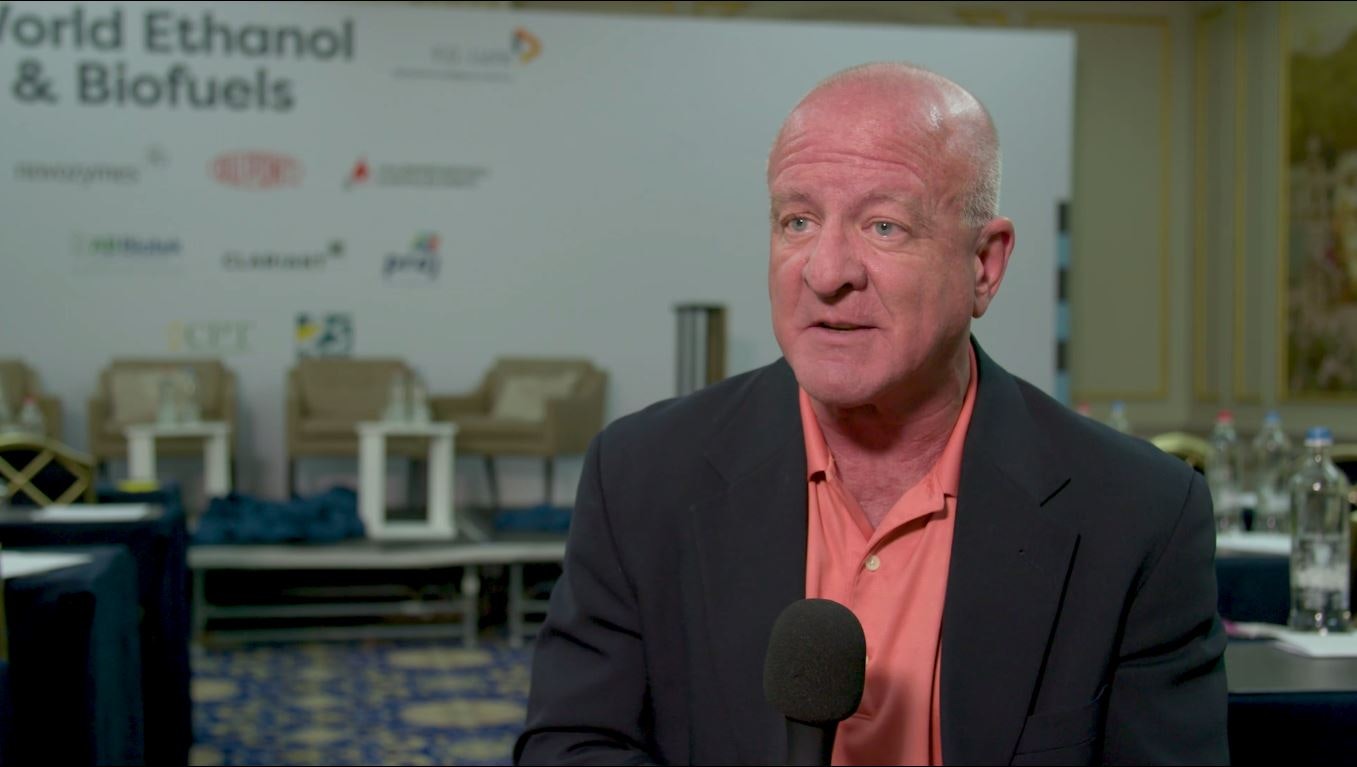What do Refiners Really Think About the RFS? An Interview with Paul Kreter

Paul Kreter is Director of Fuels Marketing for Marquis Energy, a US biofuels company which manufactures 1.7 million cubic meters of ethanol annually. He has a diverse background in marketing petrochemicals and commodities, from specialty chemicals to MTBE. We caught up with him at the World Ethanol & Biofuels conference to discuss the RFS and US ethanol exports, as well as his impressions of the event.
"Refiners have accepted ethanol in the US at a 10% level… octane value is a key attribute of ethanol in the gasoline industry."
Is the RFS under threat?
Many people have expressed concern about it. However, in speaking to the refinery customers – and we sell to all of them, or have over time – we found that they have accepted ethanol in the US at a 10% level as a regular octane component. They’ve said, every one of them, unanimously, that even without the RFS they would continue to use 10% ethanol. So is it under threat? Possibly, but that would just be a political move. The refiners who are now used to using it will continue to do so. In other words, octane value is a key attribute of ethanol in the gasoline industry.
Do you foresee more US Ethanol coming into Europe? Which other markets will receive U.S. ethanol in 2018?
It is believed that the anti-dumping duty will expire in February on schedule. Some people believe that it will be extended, but I don’t think that it makes a difference one way or the other (update here). The reason for that is that US producers have lost interest in complying with the ISCC requirements, the RED requirements, for fuel ethanol in the EU. And the vast majority of those producers that did export to Europe at one time have now given up on it. At present there are only two plants that are certified into 2018, and of those two plants one isn’t capable of obtaining significant quantities of ISCC certified corn bushels. The other plant, which is Marquis Energy in Illinois, can process a significant quantity of certified corn bushels to make ethanol for the EU. But at this point we have seen such strong demand and good premium pricing in other markets that it’s not a big focus for us either. If the demand arises, we have the capability of meeting whatever demand arises – we don’t expect it to be large.
Are you enjoying the event?
This event has grown – it used to be just me, and occasionally one of our company principles would join me. But now at this conference we have four individuals, and we are all focused on end markets. The F.O. Licht World Ethanol & Biofuels conference is the only venue where we get participants from all over the world, and we can learn further information about many different markets in one venue. This has worked out perfectly for us. I’ve attended this meeting starting in 2006, I’ve attended it almost every year – in fact I’ve only missed two years – and since then more and more people from my company have been attending.
